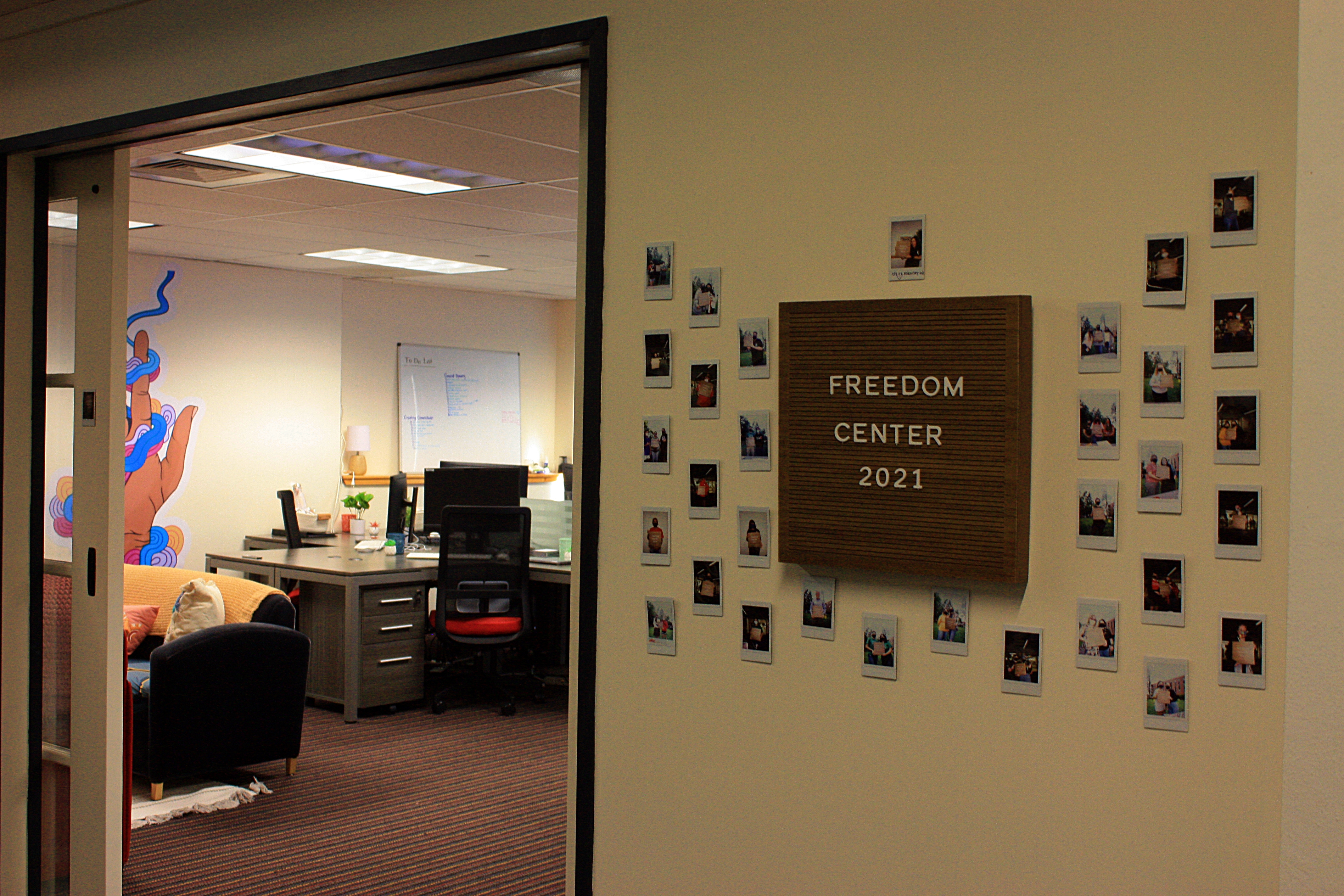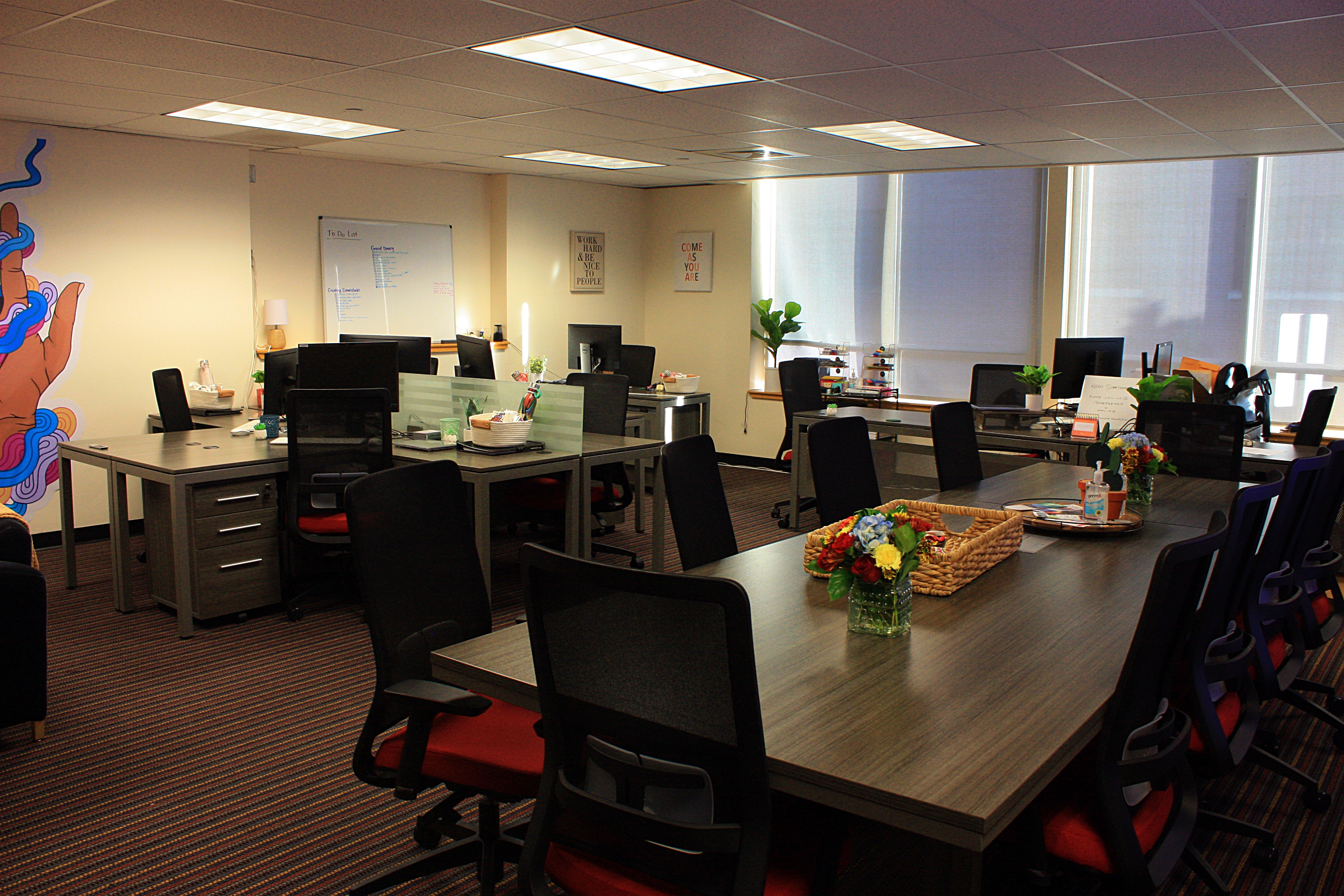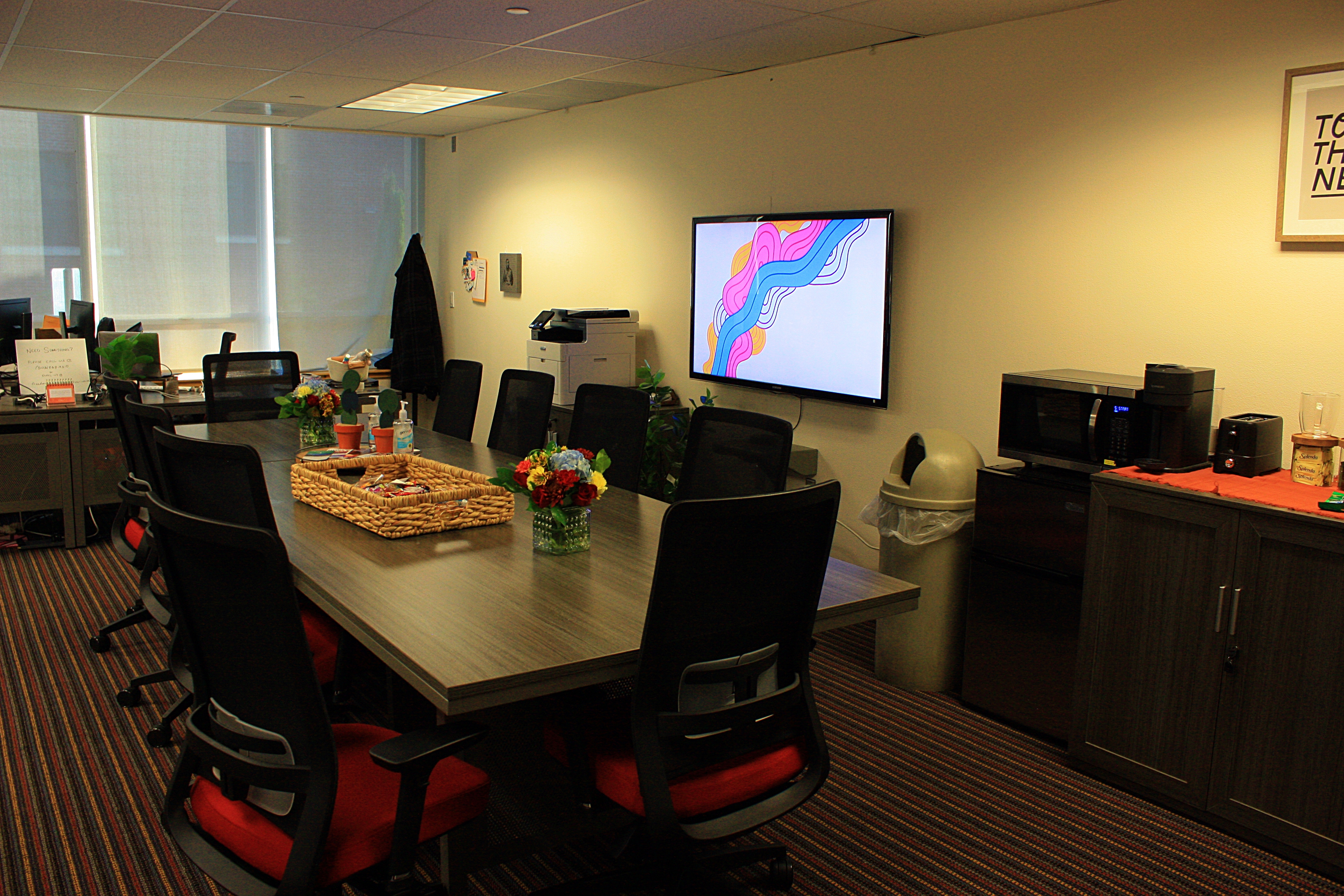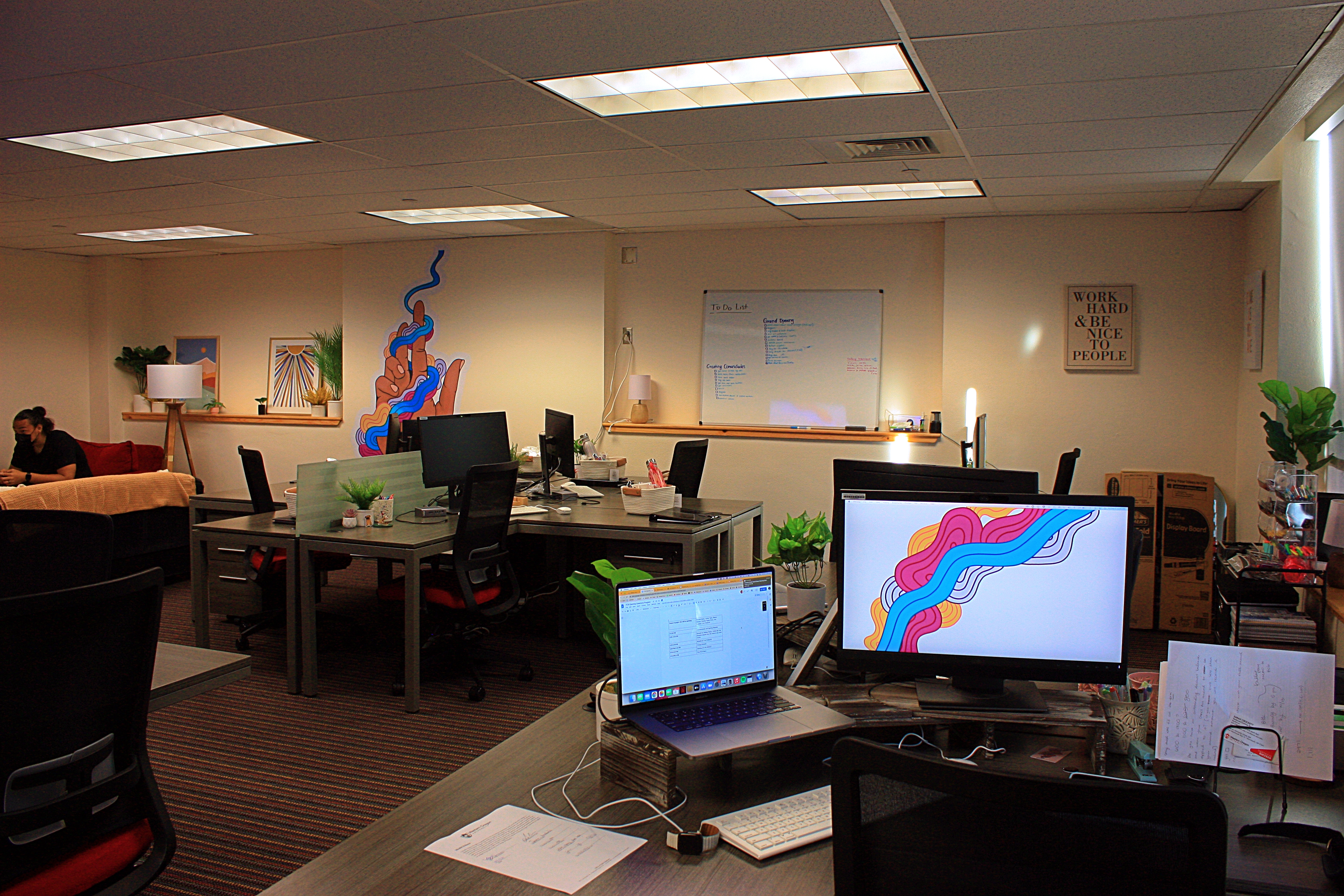Western students answer the question: “What is your raw, honest, unfiltered, opinion about the recent lifting of the mask mandate?
Gretchen Sims | Freelancer
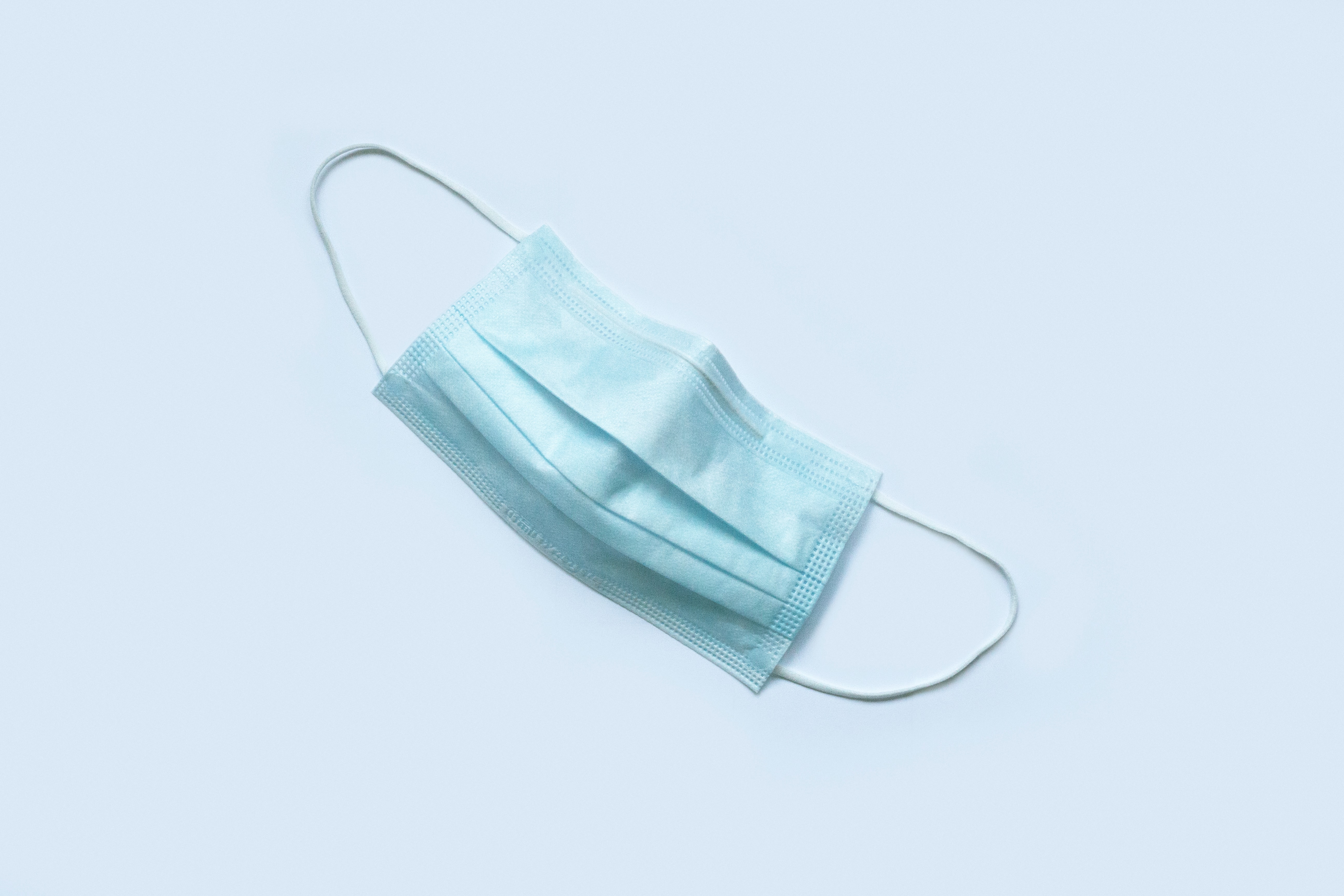
Póngase en contacto con el autor en gsims20@mail.wou.edu
Name: Ruth Simonsen
Class standing: sophomore
Major: psychology
Pronouns: She/her
“I like seeing people’s faces. I like knowing when I smile at them that they will smile back. I like seeing the faces of people in my clases. Of course there are still fears, but I like being able to put a face to a name and a name to a face. I feel like when you can see people’s faces and can smile at them, it is easier to be friendly. It’s just a better vibe.”
Name: Makaela Calonder
Class standing: first-year
Major: pre-education
Pronouns: She/her
“Personally, I am very excited about not having to wear masks. I work at a pool, so in general — in my daily life ⏤ it is nice because it gets very hot and sweaty in the mask. Here at WOU it is nice not having to worry about not having one on me at all times. Of course I respect everyone who still chooses to wear a mask, but for me it is really nice.”
Name: Kamryn Bolan
Class standing: first-year
Major: business
Pronouns: She/her
“So far this year, especially as a freshman, I have felt very distant from the community of students here. Over the past two years, it’s like we have forgotten how to socialize. I think there is so much personality revealed in a person’s face, so when you cover half of it up, you have trouble connecting with the person you just met. Going into spring term with masks off has given me a new sort of motivation for going to class. It’s crazy how much seeing the teacher’s face can amplify your engagement.”
Name: Sienna Painter
Class standing: junior
Major: American Sign Language studies
Pronouns: She/they
“Throughout the pandemic, I have been very cautious through shutdowns. (I) was not going anywhere other than like the forest during the shutdown. I started wearing a mask in January of 2020 — long before everything. I already had masks because I have been wearing masks since like 2018 whenever I felt sick or whatever, so I was already really comfortable with masks to begin with. For mask mandates being lifted, right now, I am very skeptical–mainly because of Spring Break. We lifted the mask mandate in all of Oregon, California and Washington right before Spring Break — right where all of WOU students would be traveling too. That’s why I am still wearing a mask to all of my classes and will be especially more cautious over the next two weeks. Also, I am like f—–g scared of COVID because of all of the variants and waves and stuff. I have never really minded with masks, but I do think because of our (WOU’s) high vaccination rates, and WOU is a pretty small campus, and people are fairly responsible, I am fairly comfortable with other people not wearing their masks. I also have not felt pressure to take my mask off. I was afraid I would be the only person in my classes not wearing a mask, but people have been pretty chill.”
Name: Max Brayton
Class standing: first-year
Major: psychology
Pronouns: They/Them
“My parents are more conservative and Republican so they have been against the masks since the beginning and it’s nice to not hear s–t from them anymore. But, you know, with them as my parents, I see different perspectives which is interesting. Although I don’t agree with them, it is nice to have that perspective. I am from southern California and even down there, they are not being as safe as we are (in Oregon). I feel more comfortable not having my mask on here because I know, at least at our school, that more than ninety percent of people are vaccinated. Everyone has been really safe and respectful. Like I feel comfortable wearing, or not wearing, my mask here. I feel like this community has been very welcoming and inclusive and I feel like it’s about time (the mask mandate was lifted). I am a little nervous though. I saw a New York Times article this morning that a new COVID wave is hitting, but I feel like as long as everyone is being safe, I like to have my mask off ⏤ you really connect to people more.”



